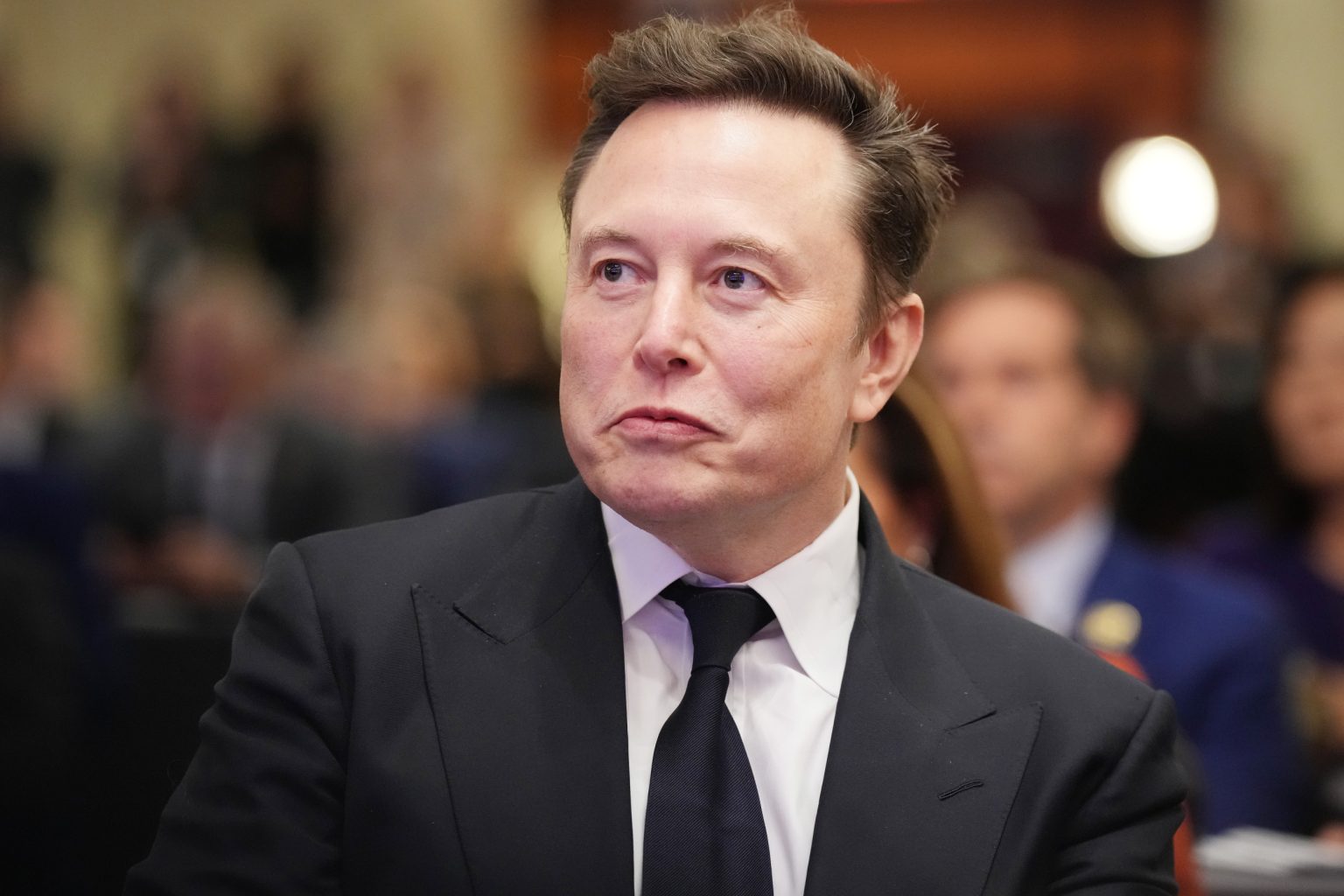The saga surrounding viral allegations that tech billionaire Elon Musk has masqueraded as his own superfan account has taken new and bizarre turns, culminating in Twitter blocking an article about the story. Users on Twitter speculated about a mysterious account under the name “Adrian Dittmann,” believed to be operated by Musk. The account allowed Musk to comment discreetly on various topics, but this strategy backfired as users became increasingly focused on analyzing the Dittmann account and its potential connection to Musk.
Interest in the debate reignited amid Musk’s strong support for H-1B visas and his clash with MAGA Republicans over the issue, with Dittmann appearing in a “Spaces” discussion on Twitter to defend Musk and his visa stance. Despite joining the platform in July 2021, the Dittmann account quickly amassed over 171,000 followers while following only 1,071 accounts, including high-profile figures and organizations spanning politics and technology. However, the identity of the account holder remained a subject of speculation, fueling the rumors of Musk’s involvement.
The Spectator World published an article entitled “The Real Adrian Dittmann,” providing an examination of evidence about the alleged connection between Dittmann and Musk. The investigation presented background information on Dittmann, describing him as the son of a German tech entrepreneur based in Fiji. The timing of Dittmann’s emergence on Twitter coincided with his alleged first contact with Musk through the Musk Foundation’s “$100 million Xprize Carbon Removal contest.” The article’s investigators analyzed extensive digital evidence to establish the connection between Dittmann and Musk, sparking its own controversy regarding authorship and the omission of crediting one of the contributors.
Initially dismissing the speculation with humor, Musk made a dramatic reversal after The Spectator published their article, stating plainly, “I am Adrian Dittmann. It’s time the world knew.” X’s handling of The Spectator article proved inconsistent as the platform blocked the article and other attempts to share it, citing it as potentially harmful. The selective enforcement of X’s content moderation practices raised questions about their policies. While Musk confirmed his connection to Dittmann, the controversy surrounding his alleged involvement in operating the account continues to generate debate among social media personalities and commentators.
The Spectator has yet to address X’s decision to block the article, and the controversy surrounding Musk’s purported connection to the Dittmann account remains unresolved. With conflicting information and speculation still circulating, the ongoing saga highlights the challenges of navigating social media platforms and the scrutiny faced by high-profile figures. As the story continues to evolve, it underscores the complexities of online interactions and the implications of alleged impersonation and covert operations on social media.
Ultimately, the unfolding events surrounding Elon Musk, Adrian Dittmann, and their alleged connection underscore the blurred lines between reality and online personas, as well as the impact of social media controversies on public figures and platforms. The conflicting narratives and responses to the story reflect the intricate dynamics of online discourse and the challenges of deciphering authenticity in the digital age. As users and platforms grapple with the implications of this saga, the aftermath of the controversy may prompt further discussions on privacy, identity, and accountability in the online realm.








